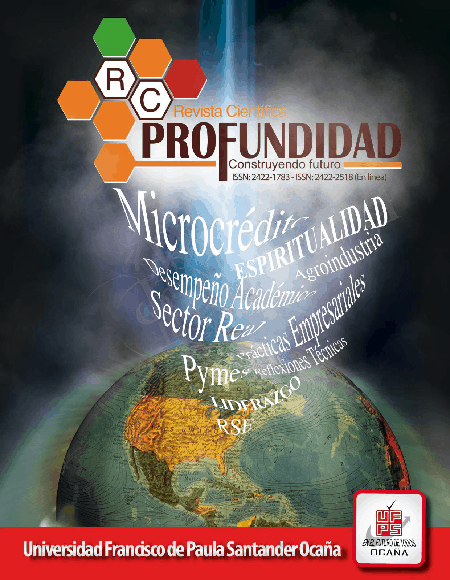Benefits of earned programming applied to projects in Colombia
Beneficios de programación ganada aplicada a proyectos en Colombia
Main Article Content
The earned value method (EVM) is an excellent method for cost tracking and control, but its validity in schedule management is questioned, especially when projects are delayed beyond the approved schedule. The Earned Schedule Method (ESM) presents a model to address the lack of objective and timely indicators for decision making.
This comparative study report presents conclusions regarding the benefits and limitations in terms of schedule management, analyzing historical schedule management information from randomly selected Colombian real sector projects, using the (a) earned value method (EVM) and (b) earned schedule method (ESM); emphasis was placed on the impact of using the methods at the beginning and end of the schedule, as well as on the delivery of timely information for decision making. The conclusions provide arguments for project managers and PMO's to select the most appropriate monitoring and control method for their project management methodology.
Downloads
Article Details
Barato, J. (2012). Convincing Project Managers to Use EVM (and Making no Excuses). PMI Virtual Library, 1-5.
Cioffi, D. F. (15 de Julio de 2005). Designing project management: A scientific notation and an improved formalismfor earned value calculations. International Journal o project Management, 136-144. DOI: https://doi.org/10.1016/j.ijproman.2005.07.003
Khamooshi, H., & Golafshani, H. (19 de Diciembre de 2013). EDM: Earned Duration Management, a new approach to. International Journal of project Management, 1019-1041. DOI: https://doi.org/10.1016/j.ijproman.2013.11.002
Kishore, R. (2009). Profit = Project Management Partners with Finance to Use EVA. PMI Virtual Library, 1-3.
Leila Moslemi Naeni, S. S. (27 de Julio de 2010). A fuzzy approach for the earned value management. International Journal of Project Management, 9.
Lipke, W. (2009). Earned Schedule. An extension to Earned Value Management ... for managing schedule performance. Lulu® Publishing.
Lipke, W. H. (2009). Earned Schedule. An extension to Earned Value Management ... for managing schedule performance. Lulu® Publishing.
Lipke, W., Zwikael, O., Henderson, K., & Anbari, F. (19 de Febrero de 2008). Prediction of project outcome. International Journal of Project Management, 400-407. DOI: https://doi.org/10.1016/j.ijproman.2008.02.009
Pábon, D. C. (2013). Guía para la presentación de trabajos científicos bajo el estándar APA en la Uiversidad EAN. Bogotá: Ediciones EAN. DOI: https://doi.org/10.21158/9789587562057
Peterson, K. (2009). Innovation on R&D Earned Value. PMI Virtual Library, 1-6.
Project Management Institute. (12 de 04 de 2011). Practice standard for earned value management (Second ed.). Newtown Square, Pennsylvania, USA: Project Management Institute, Inc. Obtenido de Revista espacios.
Raikhanghar, S. (2009). Earned value management in "electricity bill" type of projects. PMI virtual library, 1-3.
Rodriguez, F. (2010). Impact of Revenue Recognition Methods in Project Cost Control Through Earned Value. PMI Virtual Library, 1-7.
Roger, W. (17 de Febrero de 2011). A time-dependent earned value model for software projects. International Journal of Project Management, 1082-1090. DOI: https://doi.org/10.1016/j.ijproman.2011.02.008
Vandevoorde , S., & Vanhoucke, M. (14 de Octubre de 2005). A comparison of different project duration forecasting methods. International Journal of Project Management, 289-302. DOI: https://doi.org/10.1016/j.ijproman.2005.10.004
Vanhoucke, M. (31 de Mayo de 2011). Measuring the efficiency of project control using. International Journal of Project Management, 252-263. DOI: https://doi.org/10.1016/j.ijproman.2011.05.006
Williams, C. (2013). Earned Value: Looking for an Easy. PMI Virtual Library, 1-5.










